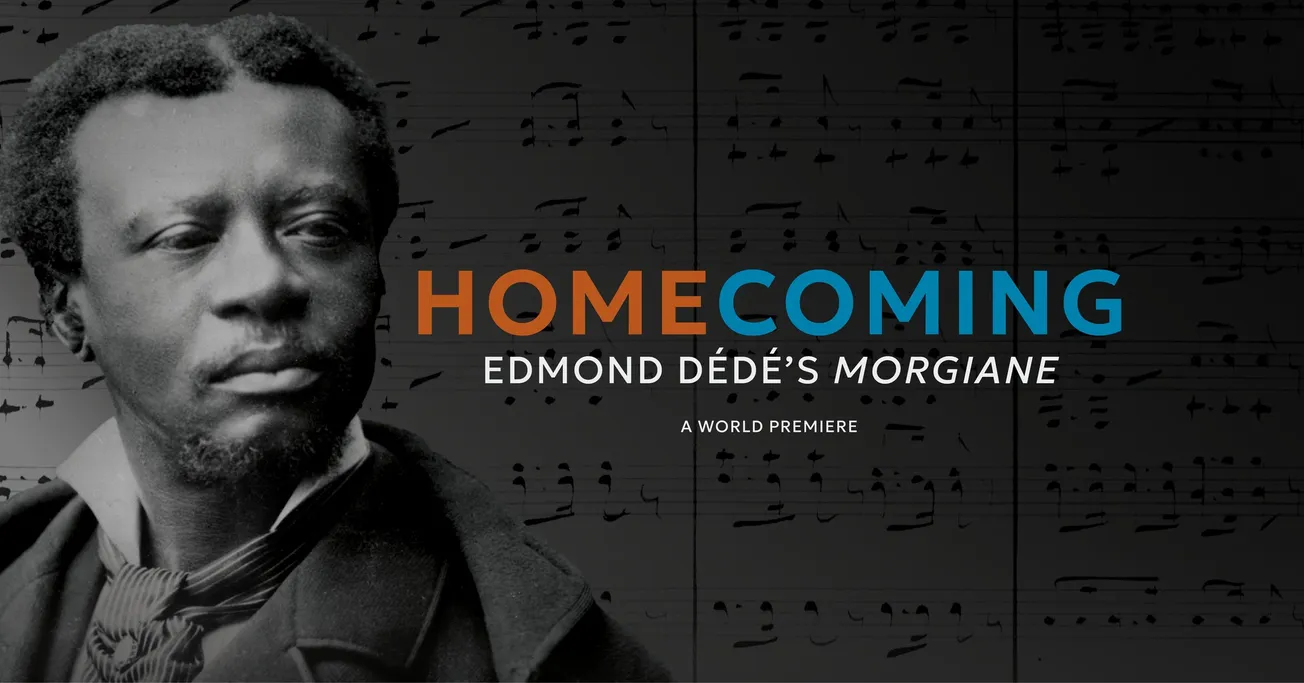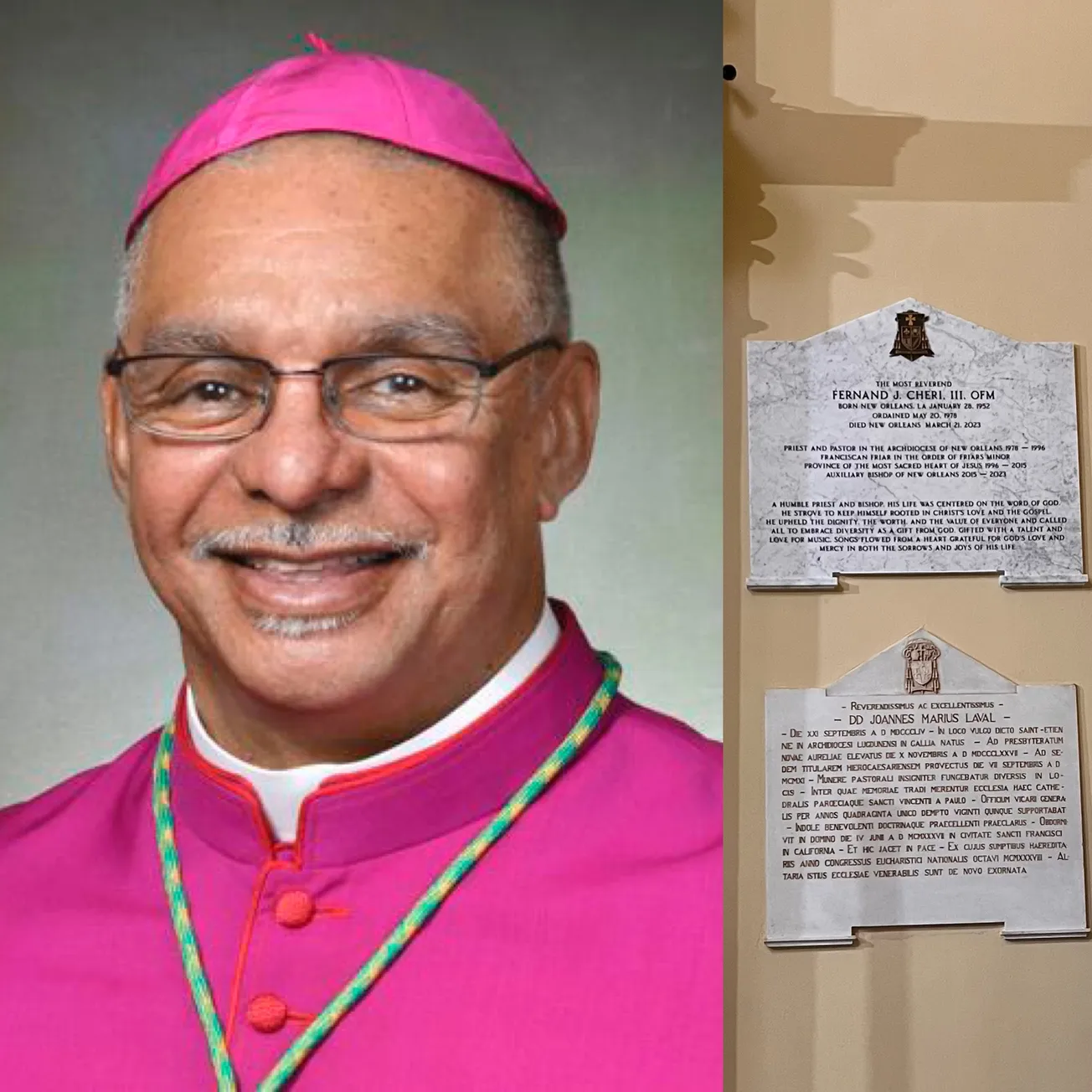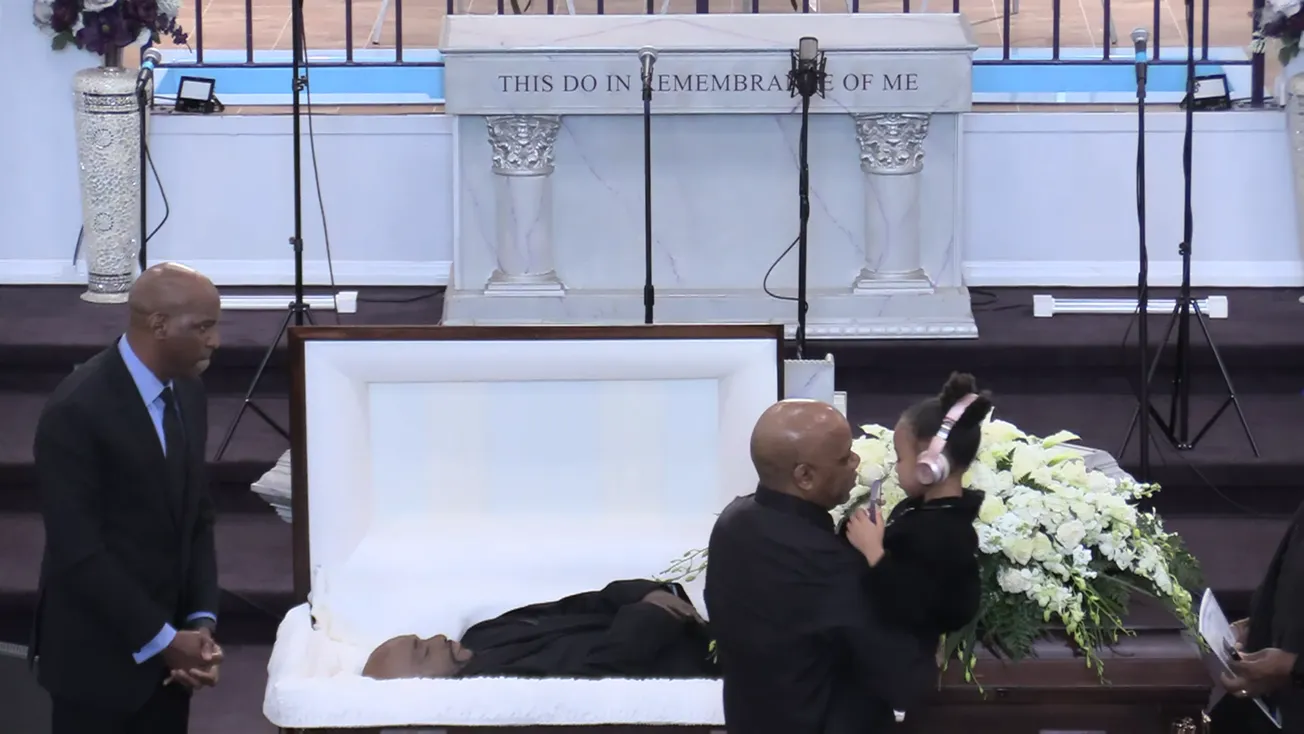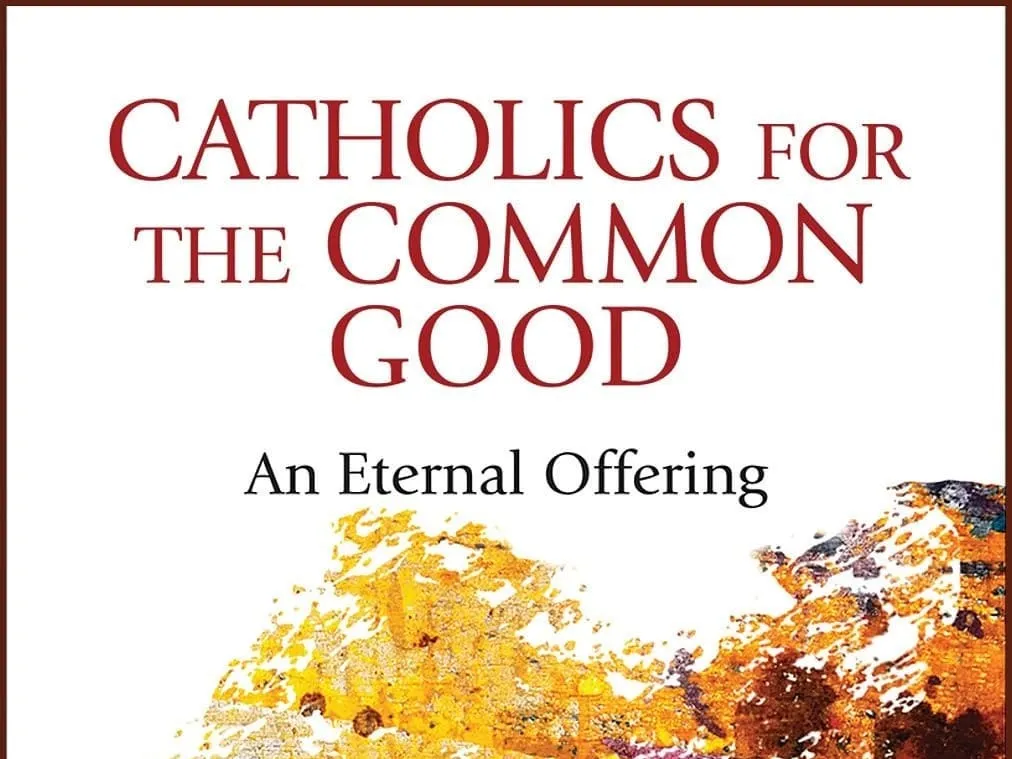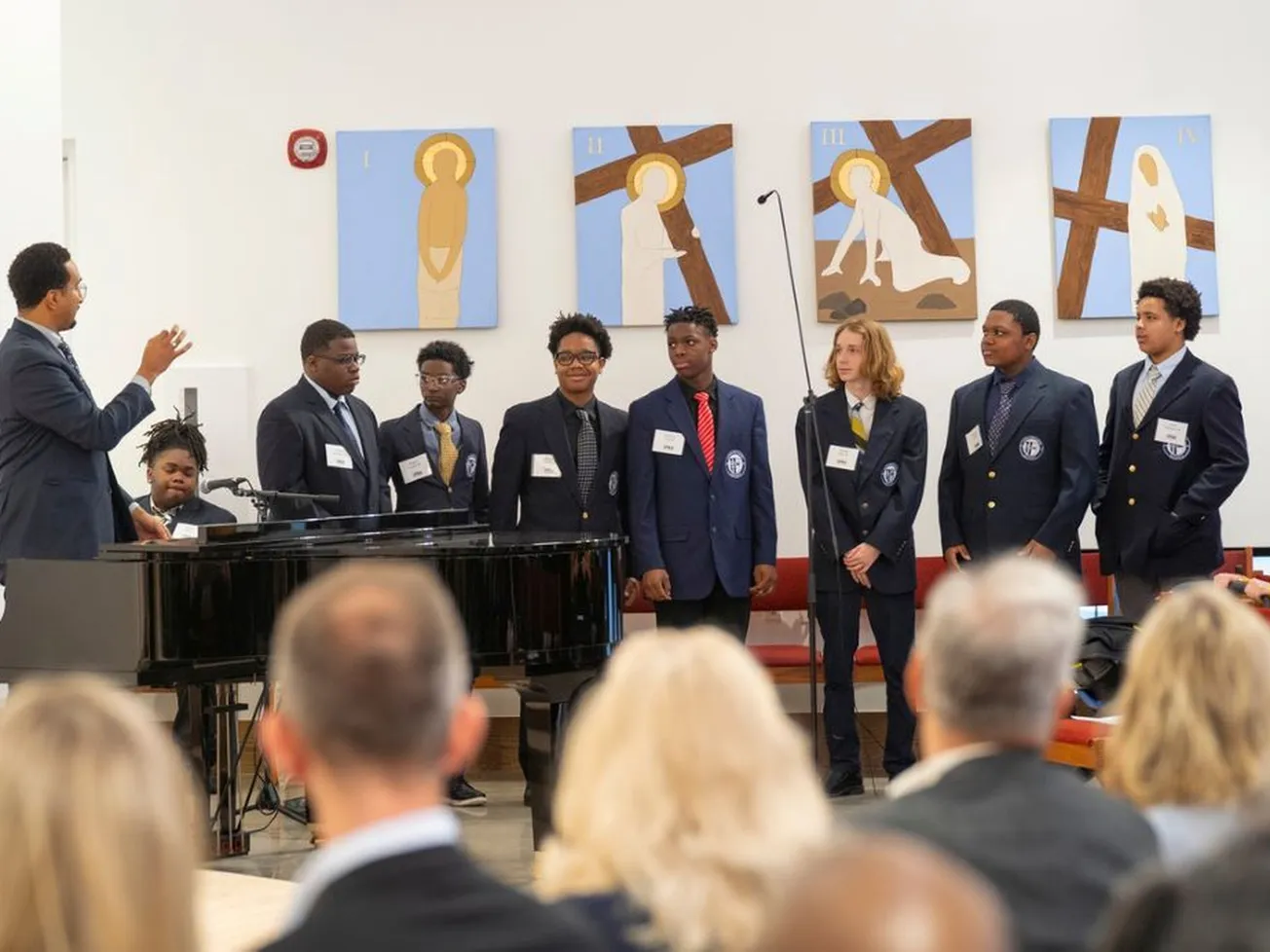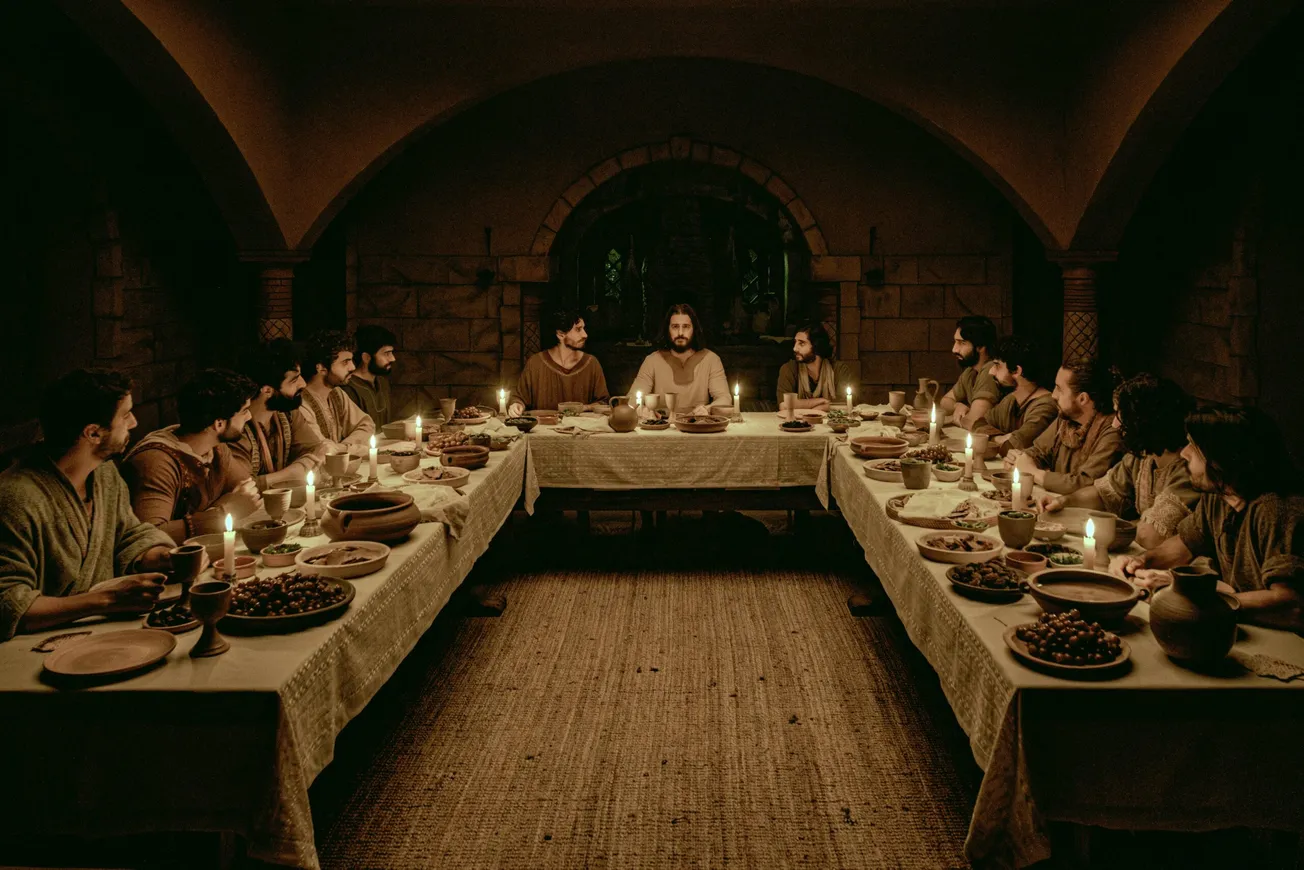The late Br David Boone, a revered civil rights activist and Oratorian religious brother in South Carolina, has been honored with a street renaming in the city he helped transform during his more than six decades of ministry.
Signs for Brother David Boone Memorial Road were installed earlier this month in Rock Hill near St. Mary’s Catholic Church, the historically Black Catholic parish where Boone served for decades, beginning in 1959.
“I feel like by having that sign up, some kid is going to ask their parent, ‘Well, who is David Boone?’ And if their parent doesn’t know, they’ll go home and research.” said South Carolina State Rep. John Richard C. King to Rock Hill Herald.
“They’ll find out his rich history and the role he played in the civil rights movement as a White man. It is breathtaking.”
King, alongside Rep. Wendy C. Brawley, was responsible for envisioning the legislation in the state legislature roughly two years ago, not long after Boone’s death from cancer in 2017. It was passed in the state senate in March of this year.
Born in 1932, Boone left his Kentucky home at 18 to join the Oratory of St. Philip Neri at Rock Hill, a city where the Civil Rights Movement would soon find willing participants—and fierce opposition. Within just a few years of his arrival, Boone became instrumental in St. Anne’s Catholic School becoming in 1954 the first integrated school in the state, and was also active in the NAACP and local protest actions.
Among the latter, Boone took part in the “Friendship Nine” sit-in in 1961, which made national headlines. Therein, local college students employed the strategy of “Jail, No Bail,” taking desegregation actions despite the risk of arrest, while also planning to pay no bail and thereby strain the finances of local police departments. (The strategy had first been employed in Nashville some months prior by Black Catholic activist Diane Nash and several other students.)
Due to his race, Boone was not arrested during the Rock Hill sit-in but pledged support for the nine students, who were sent to a concentration camp and faced various other human rights abuses. Today, Boone’s name is among those etched into the stools at the lunch counter where the protest took place.
Boone also helped desegregate local transportation and youth sports leagues, among other pro-Black efforts (including operating a Black credit union), and was reportedly known as “the most hated White person in South Carolina.” Among African Americans and their allies, however, he was beloved.
“He shunned the spotlight and tried always to give credit to others,” King and Brawley said in their resolution to have a road named in his honor.
“It is fitting and proper that members of the South Carolina General Assembly pay tribute to Brother David Boone, a man who spent his life serving God and fighting racial injustices.”
Nate Tinner-Williams is co-founder and editor of Black Catholic Messenger, a seminarian with the Josephites, and a ThM student with the Institute for Black Catholic Studies at Xavier University of Louisiana (XULA).




